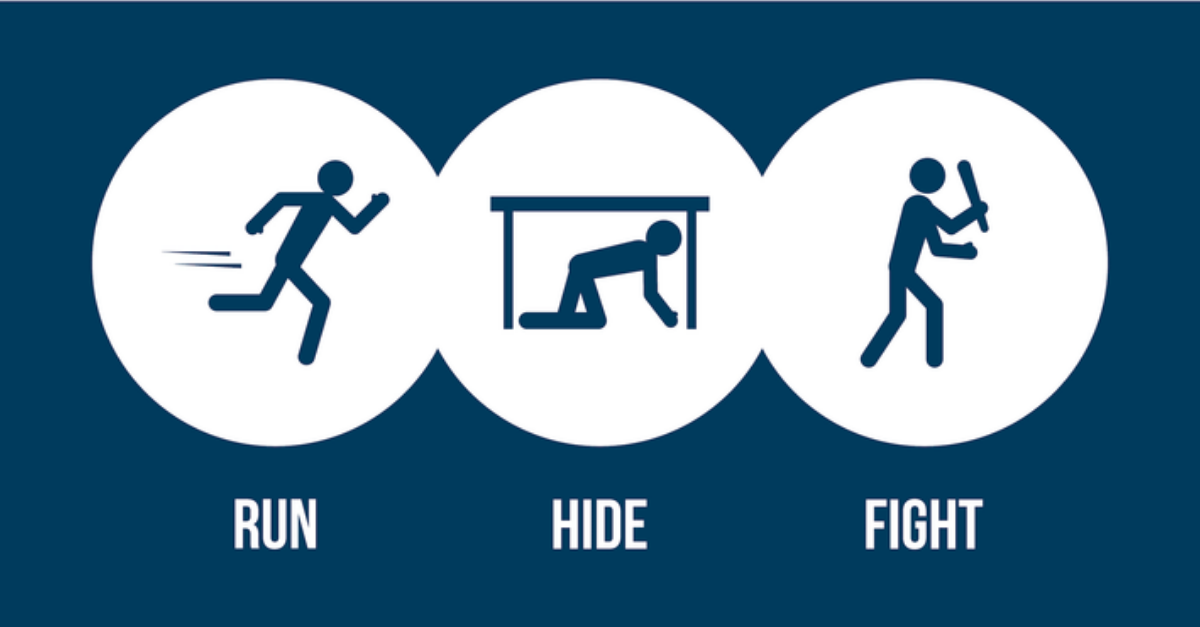
During periods of uncertainty, our bodies react by producing two key hormones: cortisol, known as the stress hormone, and adrenaline.
Continuously elevated cortisol levels can lead to avoidance of communication and defensive behavior, causing individuals to freezeemotionally. This, in turn, can manifest in behaviors like hoarding.
Conversely, adrenaline fuels a proactive response to stress, prompting compulsive consumption.
Understanding consumer reactions to stress is complex, influenced by both internal (physiological) and external (environmental or contextual) factors. A critical factor is the perceived control consumers have over their environment, which significantly affects stress levels.

Research indicates that behaviors like hoarding, parsimony, and compulsive consumption tend to subside once consumers regain a sense of control over their environment.
However, during turbulent times, stress often leads to increased money-saving activities. Additionally, when consumers perceive they have limited control over their environment, stress can drive increased spending

Crises disrupt individuals' mental states, affecting how they process information and make decisions. The situation can be exacerbated by media outlets that tend to emphasize negative news.
Insecurity, anxiety, and helplessness can escalate into conditions like PTSD (Post-Traumatic Stress Disorder) and clinical depression, even for those not directly impacted by the crisis.
As a result, various destructive behavioral patterns emerge, including constant negative vicarious rehearsal (worried well), seeking special treatment, stigmatization of certain groups, and the spread of fakes (false information).

The reaction to a crisis depends on factors like risk perception.. Manmade typically trigger acute stress reactions, unlike natural disasters. Endemic crises garner less response than epidemic. The involvement of children intensifies emotional reactions, as do factors like reversible vs. permanent effects, fairly vs. unfairly distributed implications, and crises generated by trusted vs. mistrusted institutions.
Greater emotional involvement increases the likelihood of destructive behavior, including consumer behavior.

To maintain strong sales during a crisis, effective communication is paramount. Implement the following strategies:
- Use Simple, Repetitive Messages: Keep messages straightforward and repeat them to reinforce key points.
- Avoid Unverified Information: Release accurate information promptly, as initial messages are often the most remembered and trusted.
- Consistency is Key: Maintain message consistency to enhance credibility.
- Highlight Positives: Include good news within your messaging, even when addressing challenging situations.
- Build Trust: Foster trust by providing open and honest information. Show empathy and sincerity, emphasizing long-term customer relationships.
- Stay Positive: Share stories of human perseverance, creativity, and innovation in times of crisis.
- Leverage Visual Media: Use personalized visual content to engage your audience.
- Be Part of the Solution: Showcase results and avoid publishing press releases.
In conclusion, during times of crisis, understanding the psychological factors influencing consumer behavior is crucial. Effective communication and empathy are vital in maintaining strong sales and building long-lasting customer relationships.
Remember, the best investment is in your emotional well-being. Stay strong.
If you're interested in exploring this topic further, stay tuned for our upcoming article featuring case studies from past crises to draw your own conclusions. Coming soon!




